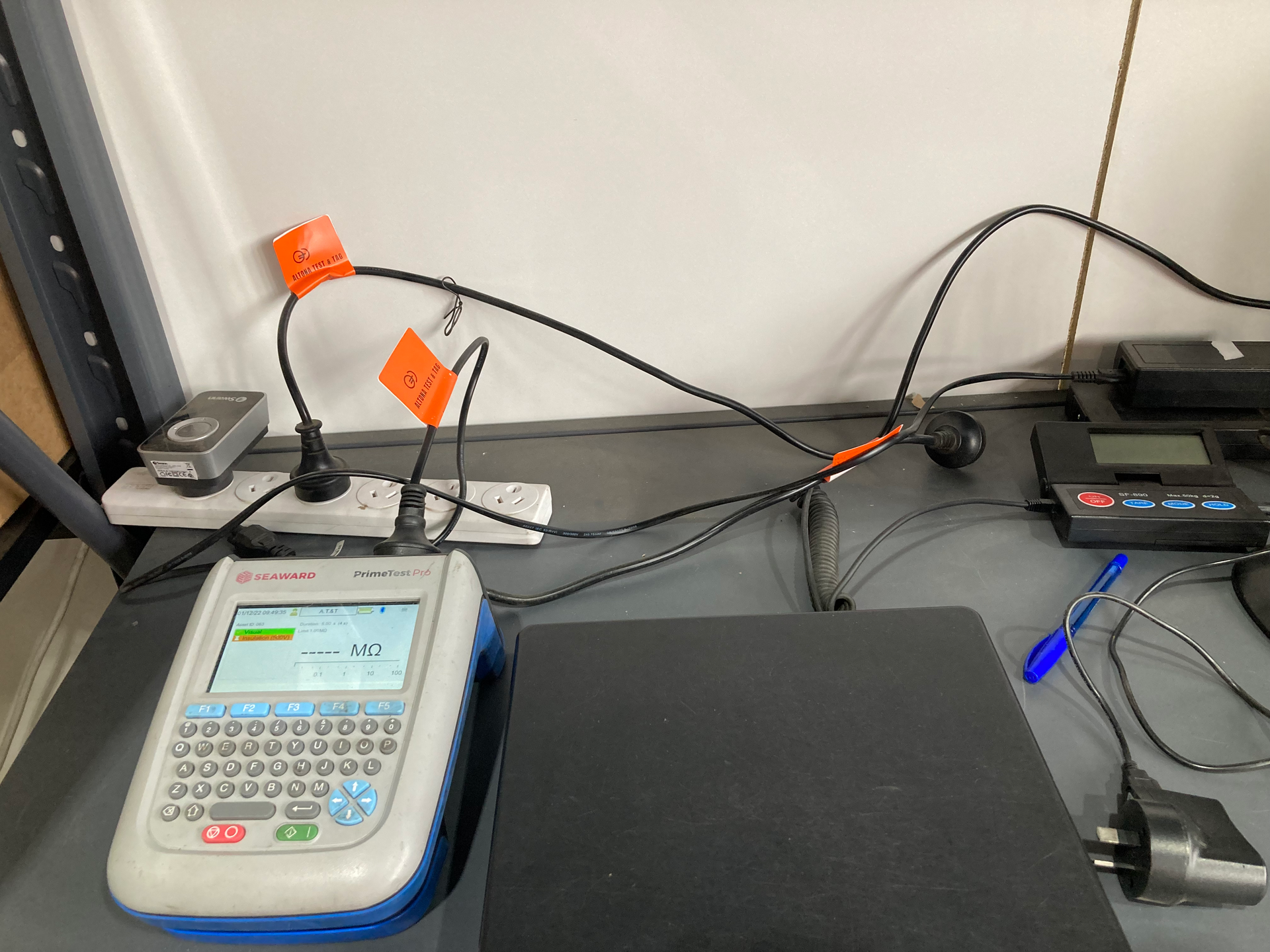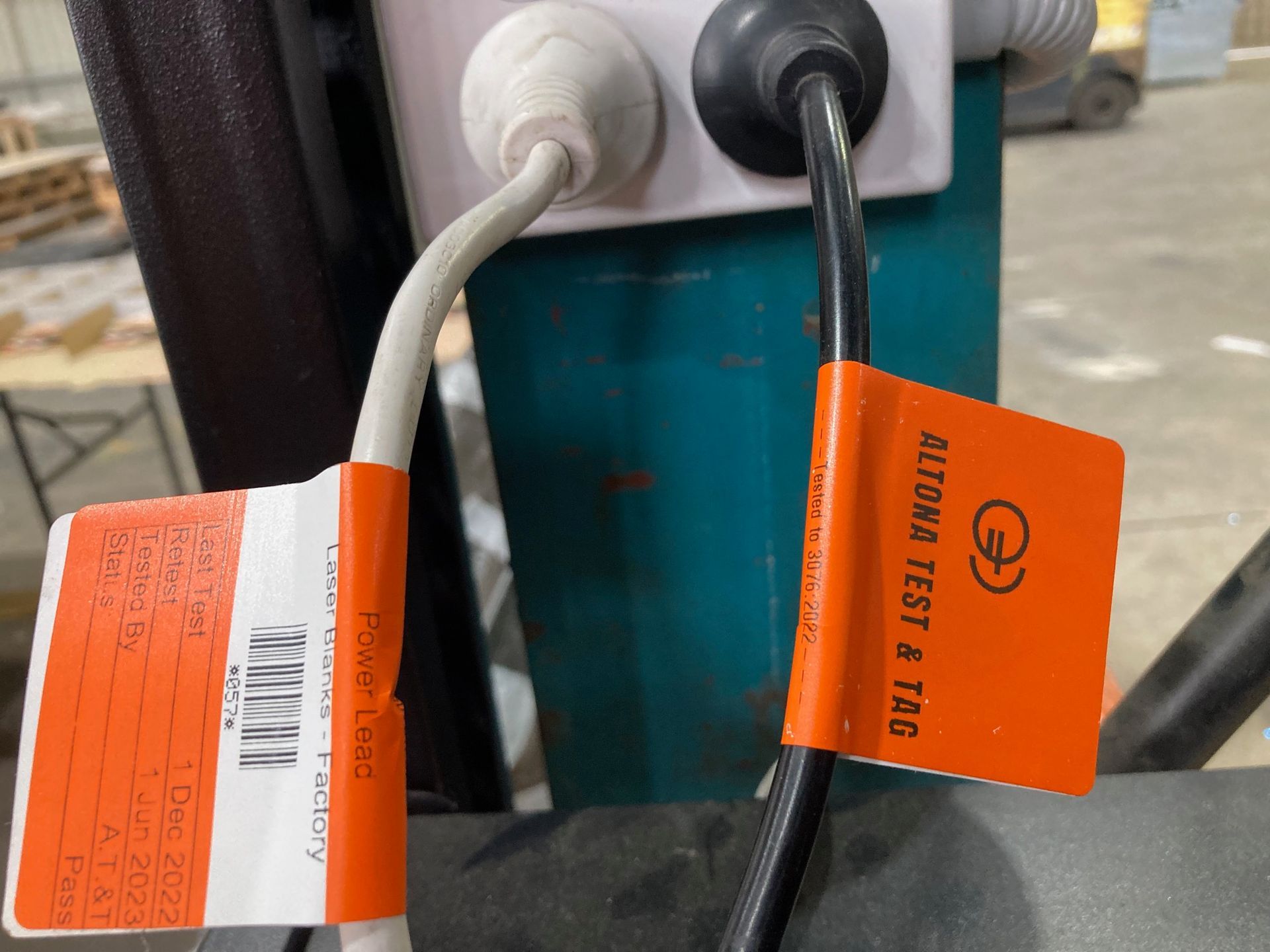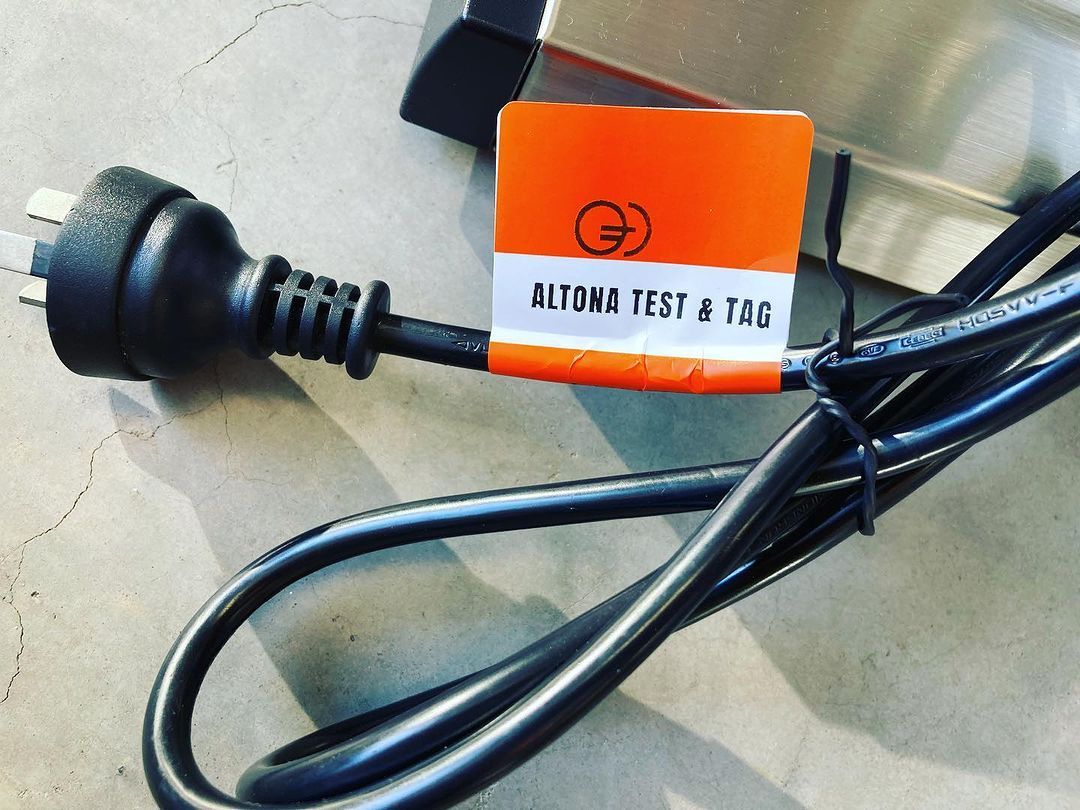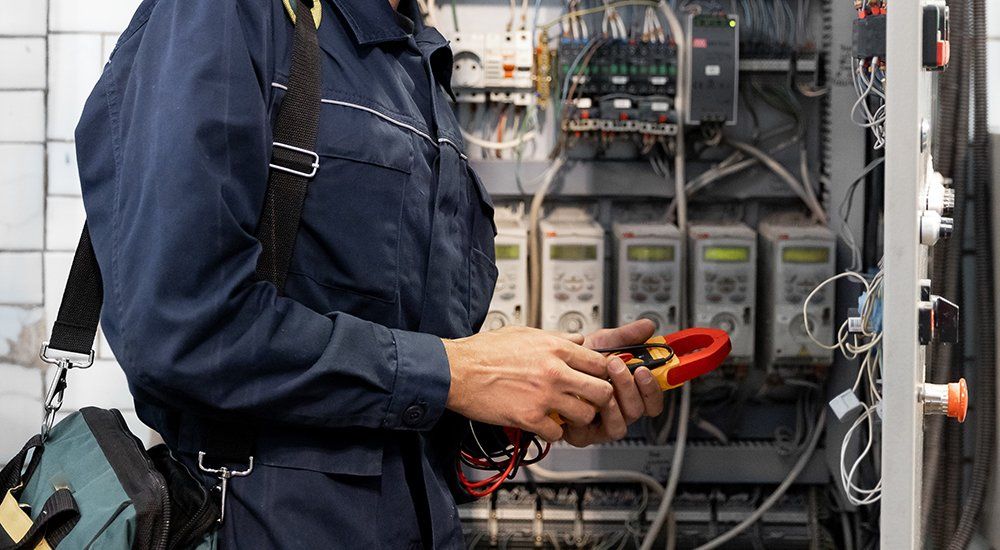ALTONA TEST & TAG
Latest Blogs
Altona Test & Tag Blogs

January 7, 2023
15 Reasons Testing and Tagging is Important Workplace OH&S standards are important, and the risks associated with not complying with OH&S Victorian laws and protecting a team of people within a business seem obvious. There are many reasons why electrical testing and tagging is important. Local test and tag expert in Melbourne, Damien Parnis - from Altona Test and Tag gave his thoughts on the top 10 reasons testing and tagging is important. Testing and tagging of electrical equipment is important for businesses in Melbourne for many reasons: Testing and Tagging Helps Safety: Testing and tagging helps identify any defects or hazards in electrical equipment, ensuring that it is safe to use. This helps prevent electrical accidents and injuries in the workplace. Business Compliance: Testing and tagging is a legal requirement in Australia, as outlined in our previous blog . Businesses that fail to test and tag their electrical equipment may face fines and other legal consequences. Mitigate Insurance Risks: Many insurance policies require businesses to have their electrical equipment tested and tagged to ensure safe working conditions. If a business does not have its equipment tested and tagged, its insurance policy may not cover any damage or injuries that result from electrical accidents. Getting cords and leads PAT tested is key to ensuring you have electrical tools operating as they should. Protect Against Productivity Loss: Defective or unsafe electrical equipment and appliances can lead to downtime, which can impact productivity and profitability. Testing and tagging help ensure that equipment is in good working order, helping to minimize disruptions and improve efficiency. A worst case scenario is having multiple locations at the same time impacted. This is why it's so important for tests on all relevant items be completed to the standard as listed here: https://store.standards.org.au/product/as-nzs-3760-2022 Duty of care: Businesses have a duty of care to ensure the safety of their employees, customers, and other stakeholders. Testing and tagging helps demonstrate that a business is taking steps to meet this duty of care and ensure the safety of all individuals on the premises. Employees and clients have a name and are more than a number. Fire prevention: Electrical equipment that is not properly maintained can be a fire hazard. Testing and tagging assist in identifying and addressing any potential fire risks, helping to prevent fires in the workplace. Energy efficiency: Properly maintained electrical equipment can be more energy efficient, which can help reduce energy costs for businesses. Testing and tagging ensures that equipment is functioning at its best and not consuming more energy than necessary. Workplace teams should ensure everyone is aware of issues between testing and tagging intervals. Warranty protection: Many manufacturers' warranties require that electrical equipment be regularly tested and tagged to remain valid. If a business does not have its equipment tested and tagged, it may not be able to claim its warranty in the event of a problem. Asset management: Testing and tagging can help businesses keep track of their electrical equipment and identify when it is time to replace or repair it. This can help businesses better manage their assets and make more informed decisions about their equipment. Regular inspection helps larger factories, training facilities, and warehouses on the ball with test results recorded in the technicians’ report. Risk management: Testing and tagging mean businesses can identify and address any potential risks associated with their electrical equipment. This can help businesses better manage their risks and reduce the likelihood of incidents or accidents occurring. Prevention is always better than cure when it comes to employers making workplaces safe. Improved reliability: Testing and tagging helps ensure that electrical equipment is functioning properly and is less likely to break down. This can improve the reliability of equipment, which can help reduce disruptions and downtime in the workplace. Quality assurance: Testing and tagging ensures that electrical equipment meets safety standards and is of high quality. This can help businesses provide a safe and reliable service or product to their customers and good clients. For those businesses that talk about customer experience, having devices and any electrical appliance on-site tested enhances the environment. Enhanced reputation: By demonstrating that they are taking steps to ensure the safety and reliability of their electrical equipment, businesses can enhance their reputation and build trust with their customers, employees, and other stakeholders. Simply by organising test and tag services, an Australian company or school can have a technician with a portable appliance tester identify faults before they become an issue. Environmental protection: Properly maintained electrical equipment can be more energy efficient and have a longer lifespan, which can help reduce waste and minimize the environmental impact of electrical equipment. Commitment to our earth has become a focus for students in schools, workers in offices, and companies around the world. Why not look after our electrical equipment and do our part? Cost savings: Regular testing and tagging of electrical equipment can help businesses identify and address problems before they become more serious and costly to repair. This can help businesses save money on repairs and maintenance, as well as reduce the likelihood of expensive downtime. Whether it is Melbourne or anywhere around Australia, many are feeling the pain of rising costs. The simple process of appliance testing is all that needs to be done to get testing results, saving larger costs before they happen. Now is the time act on Testing and Tagging... After everything we have mentioned and improved your knowledge of the range of reasons to get your testing and tagging booked, now it’s time to act. You can contact Damien Parnis at Altona Test and Tag Melbourne’s Testing and Tagging expert for advice, answer your questions, or explain your requirements and get a no-obligation free quote. If you are looking for more testing and tagging information, we recommend reading here or you can call us 0432 295 152 .
Home | Services | Why Choose Us | About | Blog | Pricing | Media & News | Services Areas | Contact
Electrician Altona | Testing & Tagging | Thermal Imaging | Minor Electrical Works | Fire Equipment | Electrical Safety Checks | Electrical Assets | Emergency & Exit Lights | Microwave Radiation Leakages | Smoke Alarms | Testing & Inspection Intervals
0432 295 152 | altonatesttag@gmail.com
REC 24850







